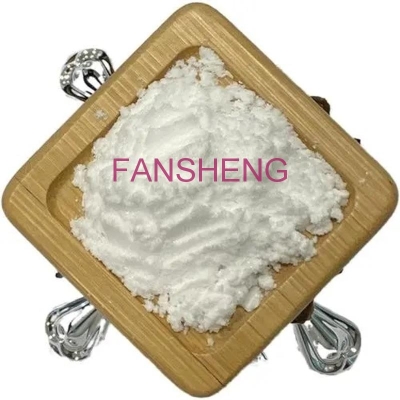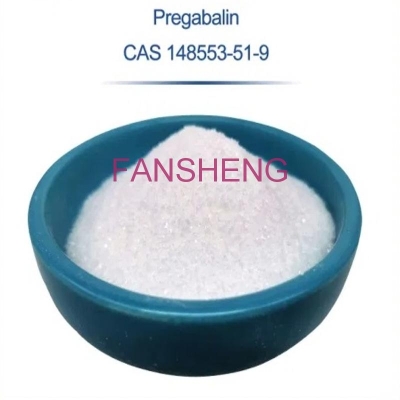-
Categories
-
Pharmaceutical Intermediates
-
Active Pharmaceutical Ingredients
-
Food Additives
- Industrial Coatings
- Agrochemicals
- Dyes and Pigments
- Surfactant
- Flavors and Fragrances
- Chemical Reagents
- Catalyst and Auxiliary
- Natural Products
- Inorganic Chemistry
-
Organic Chemistry
-
Biochemical Engineering
- Analytical Chemistry
- Cosmetic Ingredient
-
Pharmaceutical Intermediates
Promotion
ECHEMI Mall
Wholesale
Weekly Price
Exhibition
News
-
Trade Service
The patient, an 82-year-old man, went to the emergency department because he was unable to do so for two weeks.
has a history of B-cell lymphoma and has been in remission for more than 10 years.
physical examination found diffuse muscle weakness, no local lesions.
day after he was admitted to hospital, he had aphpathy, weakness in his right muscle and a change in mental state.
magnetic resonance imaging (MRI) examination found no enhanced signal anomalies in the left middle frontal frontal leaf (as shown by the A arrow).
Analysis of cerebrospinal fluid (CSF) obtained through lumbar puncture found protein levels of 159 mg/dL (reference range 15 to 45) and 455 nucleocytes, of which 22 per cent were neutral granulocytes and 46 per cent were lymphocytes.
the cerebrospinal fluid culture negative, cytological analysis did not see malignant cells.
despite being treated for bacterial, fungal and viral meningitis, patients became more drowsy and began to attack.
MRI examination after 2 days and found larger lesions in the frontal, top and temporal lobes, accompanied by lumps (figure B).
patient died nine days after the visit.
autopsy found liquefied necrotasia (figure C).
nourishing bodies (as shown in the Figure D arrow) and cysts (as shown in the Figure D arrow) were observed under the microscope, and the polymerase chain reaction was determined to be ratchet amiba, confirming the diagnosis of granuloma amiba encephalitis.
infections of the central nervous system caused by free-flowing amiba, especially echiba, are rare and often fatal.
amiba is transmitted through contact with soil or fresh water.
with the patient's wife showed that the patient only touches the soil when the potted plant is maintained.
.







